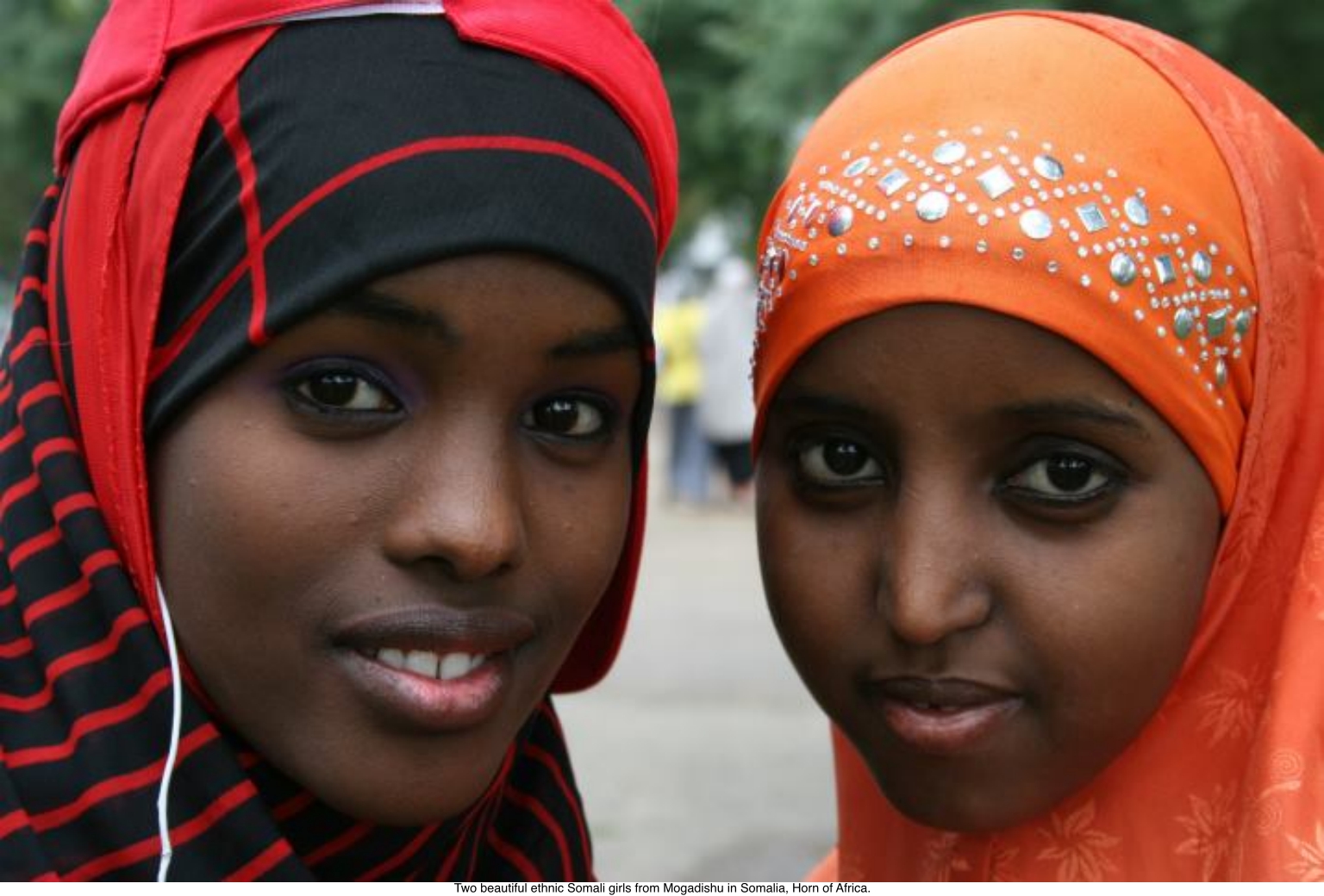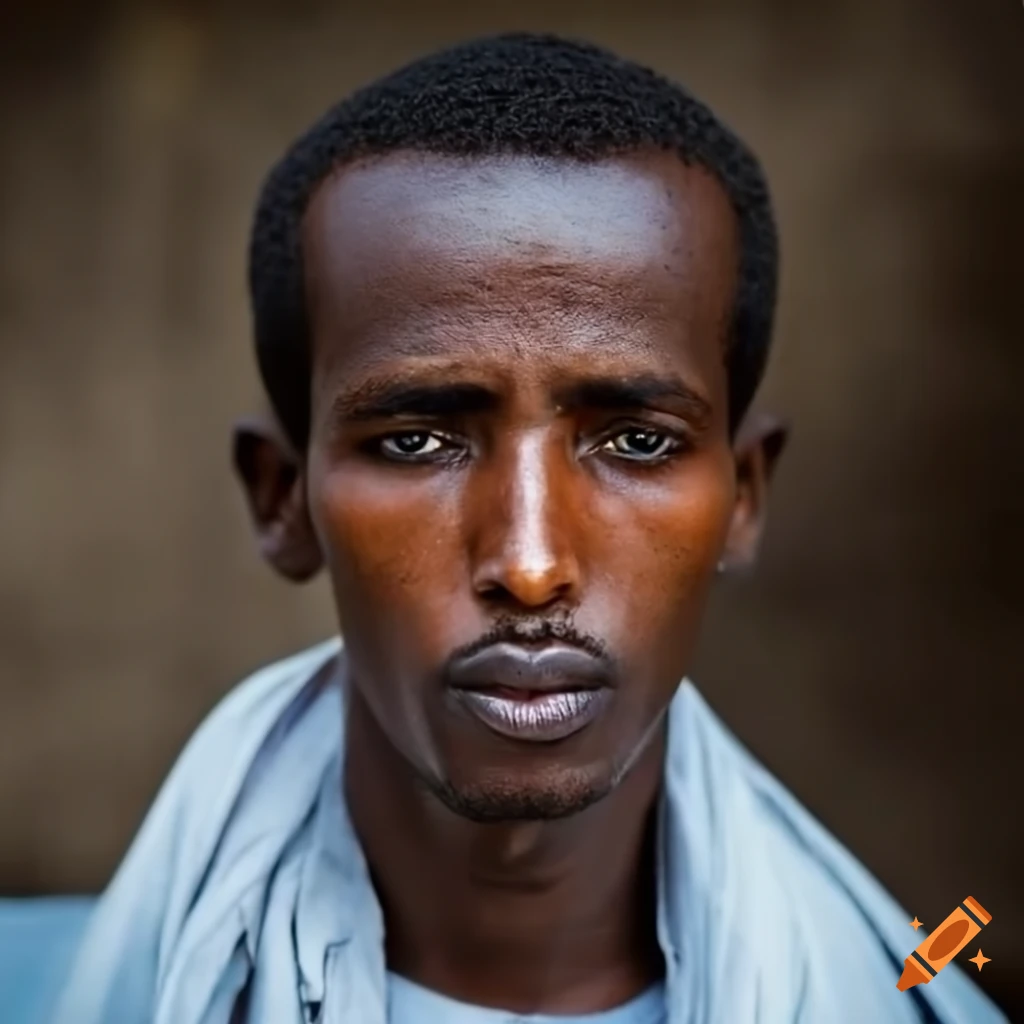Understanding Online Connections: Somali Community And Telegram In 2025
Exploring digital spaces where people gather, especially on platforms like Telegram, can be quite interesting. For many communities around the globe, these online spots have grown into important places for sharing news, staying in touch, and building connections. As we look towards 2025, the ways people interact online, including members of the Somali community, will likely keep changing, bringing both opportunities and things to consider. This piece takes a closer look at how these digital interactions might shape up, focusing on the platform's role in community life and the need for safe online practices.
It's fascinating, isn't it, how a platform like Telegram can become such a central part of how a community stays linked? For Somali people living in various places, from bustling city centers to quiet towns, these digital groups offer a unique way to bridge distances. You know, it's almost like having a virtual town square where folks can swap stories, talk about shared interests, and support each other, which is pretty neat.
This article aims to give you a good idea of what to expect when it comes to online community interactions, specifically within the Somali diaspora, as we head into 2025. We will touch on how Telegram serves as a hub, the kinds of connections people make, and, very importantly, how to keep things safe and positive for everyone involved. So, let's explore this digital landscape together.
- How To Remove Acrylic Nails
- How To Make Stickers
- Punta Cana Missing Girl
- Twin Where Have You Been
- Kendrick Lamar Mustard Song
Table of Contents
- Telegram: A Digital Gathering Place
- Building Community Online
- The Importance of Online Safety
- Navigating Digital Content Responsibly
- Supporting Younger Users
- Looking Ahead to 2025 and Beyond
- Frequently Asked Questions
Telegram: A Digital Gathering Place
Telegram has, in a way, carved out a significant spot for itself among various groups seeking a place to connect privately and openly. Its features, like large group capacities and channels, make it quite appealing for community organizing and information sharing. For the Somali community, much like many other diaspora groups, it serves as a handy tool for maintaining cultural ties and keeping up with happenings back home or within their local communities abroad. This is, you see, a common pattern with people spread out across the globe.
The platform's design allows for quick communication, which is pretty useful for sharing updates, arranging get-togethers, or just having casual chats. You might find groups dedicated to specific topics, from language learning to religious discussions, or even just general social hubs. It's really about finding those shared interests and creating a space where people feel comfortable expressing themselves, which is something many platforms try to achieve.
As we consider 2025, Telegram's role could even expand, given the ongoing global connections and the desire for people to stay linked, regardless of where they live. The ease of use and the ability to send various types of media mean that it remains a preferred option for many looking to keep their community spirit alive. It’s a pretty direct way to reach out, after all.
- Sophiexyz Spiderman
- How Many Children Does Pam Bondi Have
- Boo Did I Scare You Im A Job Application
- In The Clurb We All Fam
- What Is Boba Made Of
Building Community Online
The concept of community has, in some respects, truly changed with the rise of digital platforms. What was once limited by physical distance can now stretch across continents, allowing people to connect based on shared heritage, language, or experiences. For the Somali community, this means that individuals in, say, Shakopee, Minnesota, can easily chat with family or friends in Lewiston, Maine, or even people living in other countries. It really helps bridge those gaps.
These online spaces offer a sense of belonging, which is very important for people who might feel a bit isolated or far from their roots. They can discuss cultural events, share traditional stories, or simply offer support during tough times. You know, having that kind of network readily available can make a big difference in someone's daily life, providing comfort and a feeling of togetherness.
Moreover, these digital gatherings often become places for practical help, too. People might share job openings, housing advice, or information about local services. It’s a bit like a modern-day village square, where resources and knowledge are passed around freely. This collective wisdom, you see, can be incredibly powerful for a community trying to thrive.
The Importance of Online Safety
While the benefits of online connection are clear, it's really important to talk about safety, too. Any digital platform, including Telegram, carries certain considerations that users should be aware of. Protecting personal information, being careful about what you share, and understanding who you're talking to are basic steps everyone should take. It's just sensible practice, isn't it?
One major area of concern is the spread of misinformation or content that might not be helpful. In large groups, things can sometimes get out of hand quickly, so it's good to think critically about what you read and see. Always question the source, and if something seems off, it probably is. This applies to any online space, not just Telegram groups.
Another thing to keep in mind is privacy. While Telegram offers certain privacy features, it’s still wise to be mindful of what personal details you share in public or even private chats. People sometimes forget that even in a seemingly closed group, there could be many eyes. Being cautious with personal data is a smart move for anyone using these platforms, especially as we move into 2025 and beyond.
Navigating Digital Content Responsibly
When it comes to the vast amount of content available online, responsibility falls on each person to make good choices. This is particularly true for platforms where content can be shared quickly and widely. Users, regardless of their background, might come across material that is not suitable for everyone, or even content that could be misleading. It’s a bit like walking through a very big library where not every book is for every reader.
For parents and guardians, guiding younger users through these digital spaces is, you know, a very important job. Having open conversations about what they see online, teaching them how to identify reliable information, and setting boundaries for their online activities can help a lot. It’s about building digital literacy skills from a young age, which is pretty essential in today's world.
Community leaders and elders also have a significant role to play in promoting safe and positive online behavior. By encouraging respectful dialogue and discouraging the sharing of harmful content, they can help shape a healthier online environment for everyone. This collective effort is, arguably, what truly makes a difference in keeping digital spaces beneficial and safe for all members of a community.
Supporting Younger Users
Young people are, in many ways, growing up in a world that is deeply connected online, and this includes Somali youth. They are often early adopters of new technologies and platforms, so ensuring they have the tools to navigate these spaces safely is very important. This means more than just telling them what not to do; it involves teaching them how to think critically and make smart choices on their own. That's a pretty big task, you see.
Educating them about privacy settings, the dangers of online predators, and the impact of cyberbullying are crucial steps. It's about empowering them to protect themselves and to know when and how to seek help if they encounter something troubling. Providing resources and support networks can make a huge difference in their online experiences. For example, organizations focused on internet safety can be a good starting point for parents looking for advice. You can learn more about general online safety practices here.
Furthermore, fostering an environment where young people feel comfortable talking about their online experiences, both good and bad, is vital. This open communication can help parents and guardians stay informed and offer timely guidance. It’s about building trust, which is something that takes time and effort, but it’s definitely worth it.
Looking Ahead to 2025 and Beyond
As we peer into 2025, the digital landscape will likely continue its rapid pace of change. New features, new platforms, and new ways of interacting will surely emerge. For the Somali community, like many others, adapting to these changes while maintaining cultural values and ensuring safety will remain a key focus. It's a constant balancing act, isn't it?
The strength of online communities lies in their ability to bring people together, share knowledge, and offer support. By staying informed about digital trends, practicing smart online habits, and working together, communities can make sure these virtual spaces remain positive and enriching. This collective approach is, in fact, what makes these connections truly meaningful.
The ongoing conversation about digital citizenship and responsible online behavior will, you know, become even more important. It’s about creating a culture where everyone understands their role in keeping the internet a safe and welcoming place for all. You can learn more about digital well-being on our site, and link to this page for additional resources.
Frequently Asked Questions
Here are some common questions people often ask about online communities and platforms like Telegram:
What kind of content is typically shared in community groups on Telegram?
In many community groups, including those for Somali people, you'll often find a mix of cultural news, language resources, discussions about community events, religious teachings, and general social chat. People might share family updates, local happenings, or even helpful tips for daily life. It's quite varied, you see.
How can I ensure my privacy when using online platforms like Telegram?
To keep your information safe, it's a good idea to check your privacy settings on Telegram. You can control who sees your phone number, last seen status, and profile picture. Be careful about joining groups you don't recognize, and avoid sharing very personal details in public chats. Using a strong, unique password is also a pretty basic but important step.
What are some ways to identify and avoid misinformation online?
When you see information online, especially if it seems surprising or too good to be true, take a moment to pause. Try to check the source: Is it a reputable news organization or an official body? Look for other sources confirming the same information. If a message urges you to share it quickly without verification, that's often a red flag. It's just smart to be a little bit skeptical, you know.
- Lirik Heart Will Go On
- Jon Gruden Past Teams Coached
- Hannah Love Is Blind
- In The Clurb We All Fam
- What Does Yeet Mean

New settlement brings hope to Somali refugees fleeing conflict | UNHCR

Two beautiful ethnic Somali girls from Mogadishu in Somalia, Horn of

Close up image of a Somali man with short hair on Craiyon